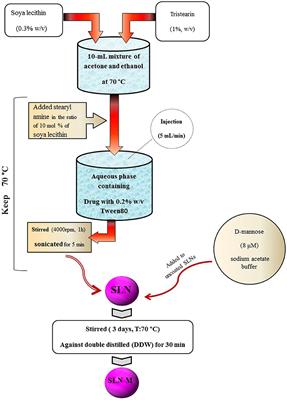ORIGINAL RESEARCH
Published on 31 Jul 2020
Effect of Imiquimod on Tachyzoites of Toxoplasma gondii and Infected Macrophages in vitro and in BALB/c Mice

doi 10.3389/fcimb.2020.00387
- 4,305 views
- 8 citations
13k
Total downloads
83k
Total views and downloads
ORIGINAL RESEARCH
Published on 31 Jul 2020

REVIEW
Published on 26 Jun 2020

ORIGINAL RESEARCH
Published on 23 Jun 2020

REVIEW
Published on 12 Jun 2020

REVIEW
Published on 08 May 2020

ORIGINAL RESEARCH
Published on 30 Apr 2020

ORIGINAL RESEARCH
Published on 20 Mar 2020

ORIGINAL RESEARCH
Published on 13 Feb 2020

REVIEW
Published on 11 Feb 2020

ORIGINAL RESEARCH
Published on 04 Dec 2019
